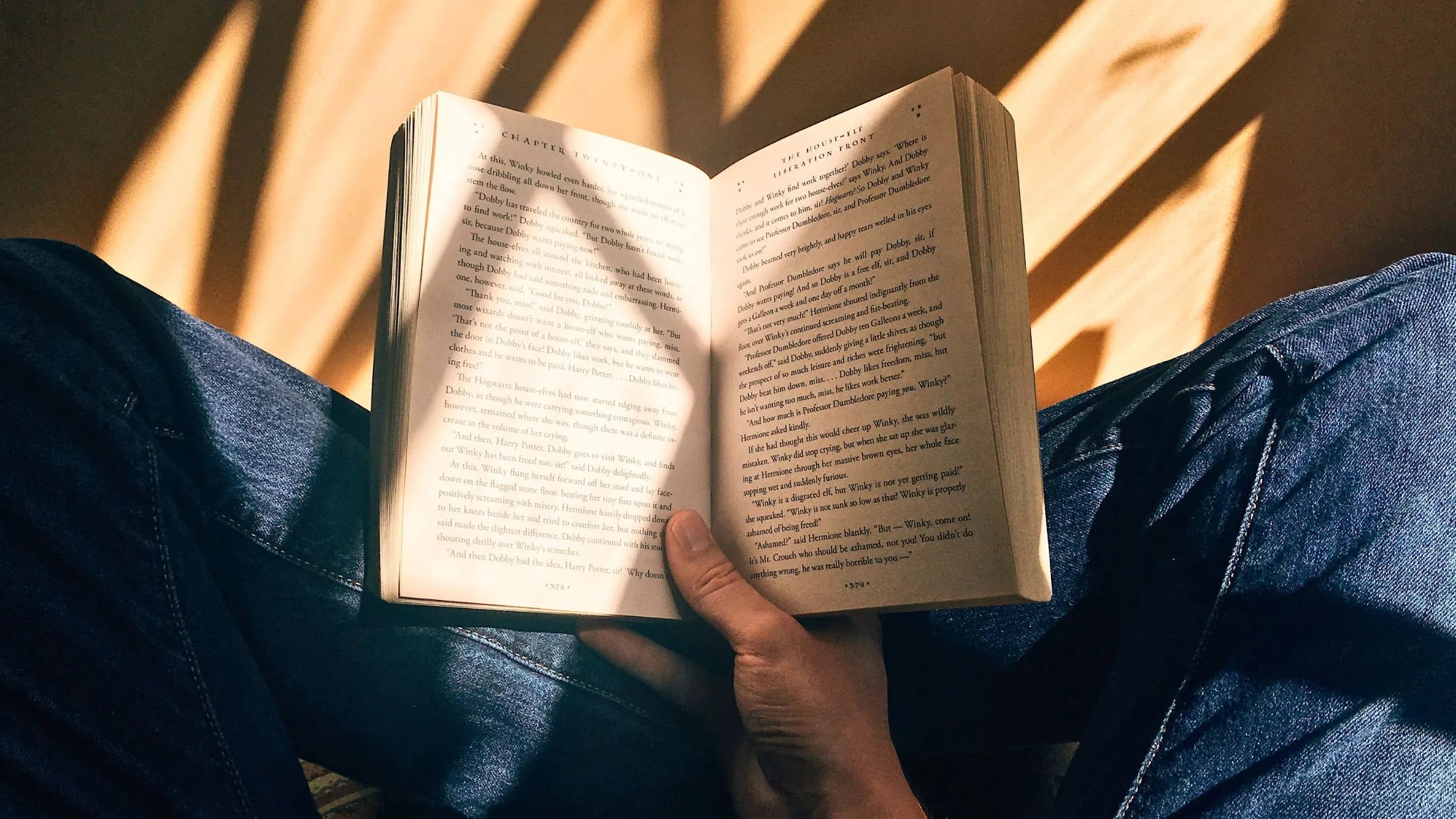Reading is undoubtedly one of the best antidotes to boredom... In these times of confinement and social distancing, time can seem long for the little ones, but also for us: the grown-ups. That's why we've put together a small selection of books (for adults) for parents-to-be or parents of children under a year old.
Living the fourth trimester naturally

In a previous article, we talked about the post-partum period. It's a very important period, rich in emotions. Unsurprisingly, the fourth trimester begins with the birth of a child, but we easily forget that the arrival of a first child also gives birth to a mother.
With this in mind, naturopath Julia Simon offers a comprehensive guide to help you prepare for the first months of your new life as a mother.
A read that will help you gently reconnect, emotionally and physically, to the woman you are and the mother you are becoming.
The great guide to signing with baby

Sign language can be an invaluable tool for toddlers, even once they can speak, as it can be very difficult for them to use and access the words they know when they're flooded with big emotions (frustration, anger or jealousy).
Marie Cao, bubbly creator of the Little Bun Bao Instagram account (soon 70K) is a professional interpreter in French Sign Language. In her book "Le grand guide de la langue des signes", she gives us all the tools we need to gradually learn sign language, according to the child's age and development.
To continue your learning, subscribe to her Instagram profile on which you'll find additional tips and advice day after day.
Dear Ijeawele, or a manifesto for feminist education
The book "Dear Ijeawele, or a manifesto for feminist education" is a universal book that should be read by all parents of little girls and boys alike. In this common-sense book, author Chimamanda Ngozi Adichie writes a letter in response to a request from her friend Ijeawele for advice on how to educate her daughter. She offers fifteen suggestions for educating her daughter in a feminist way. The letter becomes a veritable manifesto.
Didactic and devourable in no time, this book invites us to rethink our vision of gender in education.
Small hands, big plate

Have you heard of DME (child-led diversification)?
DME is apractice whereby babies from 6 months of age (provided they are sitting up properly) move straight on to solid foods, bypassing purees and other blended foods.
What are the advantages of DME? To answer in no particular order, DME enables children to obtain improved dexterity, early development of oral motor skills, self-regulation and improved food tolerance.
Not to mention that DME is minimalist. No blenders, jars or boxes to store and move baby's food. Baby eats like mom and dad (or almost). Baby eats on his own, without help, food in chunks. He eats at the table at the same time as the others, and shares the same balanced meals as the rest of the family. At his own pace, the child learns to listen to his hunger and satiety signals.
The book "Petites mains et grande assiette", gives you all the information you need to get your child off to a good start with diversification.
For a happy childhood

Released in 2014, this book was a revelation in the world of early childhood. Its author, Catherine Gueguen, a pediatrician committed to supporting parenthood, highlighted for the first time recent discoveries about brain development in terms of understanding children's needs, from the earliest age.
Unfortunately, many difficulties in child-adult relationships stem from a lack of understanding of the brain's maturation process. We adults wrongly expect children to behave like grown-ups. We try to match our pace to theirs, at the expense of their needs.
And yet, if we know that a toddler is psychologically different, we'll feel greater empathy and adapt our behavior to his or her emotional capacities.
The book "Pour une enfance heureuse" (For a happy childhood), gives us the keys to learning how to better communicate and understand our children from an early age.
Sleeping without tears

Get rid of all books advocating "sleep training" techniques for children! If you had to choose just one book on baby sleep, choose Dormir sans larmes.
As early as the 50s, pediatricians recommended various methods for getting children to sleep. Some considered it necessary to let baby cry himself to sleep (including the 5/10/15 method). According to Dr Rosa Jové, these methods do not improve sleep in the youngest children, but rather cause attachment disorders and an emotional shock that alters the main hormones responsible for regulating emotions.
In her book "Dormir sans larmes", she associates the benefits of breastfeeding and proximal mothering (portage and cododo) as the best elements for promoting baby's sleep. She also reminds us, as if to reassure us, that all children end up sleeping sooner or later! We need to know how to wait for the right moment and have a positive attitude to transmit tranquility and serenity.
What books would you recommend to future or new parents to help them make the most of baby's fourth trimester and first year?

